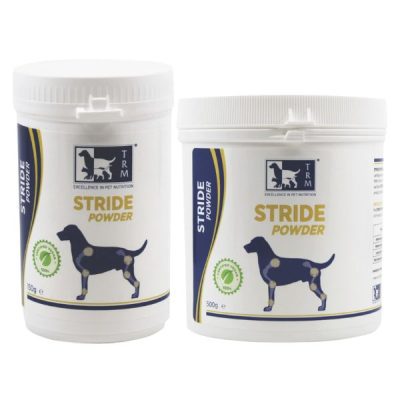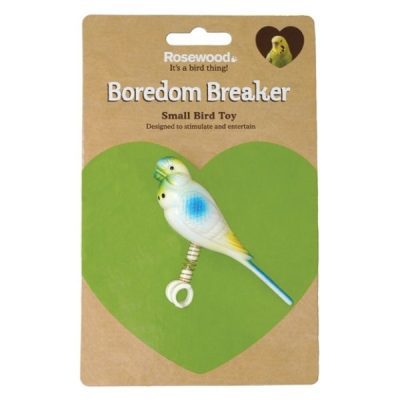Zebra Finch Care Sheet
Feeding your zebra finch
Good quality finch food. Replace any uneaten food every day. Bird grit (which you can request instore). Zebra finch cannot chew their food, as they do not have teeth. Grit helps them grind their food in their stomach. Water should be always available. Clean it every day to keep water fresh and safe to drink. You can give your finch small amounts of fruits and vegetables, make sure you wash them and cut them into small chunks but put them in a separate bowl from their usual food.
Suitable Fruit & Veg:
- Apple
- Sweet potato
- Salad cress
- Grated Carrot
- Grapes
Introducing new foods to your finch’s diet
Changing your finch’s diet suddenly can give them an upset stomach. It is best to keep to the same food that they eat regularly but you can introduce new foods slowly over at least a week by mixing them up and slowly reducing their old food.
Finch exercise
Keep your finch fit and healthy by giving them a spacious aviary that they can fly around in. If your finch is indoors, you can let them fly free from their cage. This is great exercise for your bird. Make sure you only let them fly in a safe room and that you always supervise them. Close all windows and doors. Turn off any fans, ceiling fans, extractor fans, and paper shredders and keep other pets out of the room.
Make sure they do not nibble on things that could be poisonous to finch’s , e.g., paint, curtain rings etc.
Signs and symptoms to look out for
Birds tend to hide signs that they are ill for as long as they can. Look out for any changes in behaviour as these could be an early sign that your bird is not well. Sick finch’s can go downhill very quickly so if you spot any of these symptoms get to your vet straight away:
- Watery droppings
- Fluffed up feathers
- Lack of energy/sleeping more than usual
- Loss of appetite
- Drinking much more or less than normal
- Unusual swellings
Some finch’s can suffer from overgrown nails and cramping in their feet, often because they do not have the right perch/perch covers to help them wear down naturally. To help prevent this you can provide your budgie with different width perches.
Your vet can trim them for you, or you can purchase sanded perch covers to help keep their nails down. It is uncommon for finch’s to have overgrown beaks. However, if their upper and lower beak does not meet properly the beak will not wear down properly and can make eating difficult. If your finch’s beak appears to get too long, please contact your vets.
Keeping your finch clean and healthy
Putting a bird bath in your finch’s aviary/cage will help them keep their feathers in top condition. This is important for birds that live indoors because the heating systems in our homes can dry out the air. Finch’s love to splash around in their bath. If yours is an indoor finch, try an enclosed bath so they can splash to their heart’s content without making too much mess. You can also try spraying your finch with lukewarm water from a mist dispenser.
Stopping zebra finch boredom
Zebra finch’s need toys and other objects to keep them busy and stop them getting bored. Things like rope ladders and swing perches are ideal. Make sure these are zinc-free and safe for birds, as zinc can be toxic for finch’s. Mix it up and give your finch’s different toys each week. It will make playtime more interesting for them and give you a chance to properly clean their toys. Another toy you could use is a mirror. This is because the reflection gives them the comfort of another bird being there. However, some finch can become antisocial with their owner due to friendship with other finch’s. You may find that having one finch would bring out the social benefits, however if they are on their own for long periods of time, stress can occur.
For any further information or advice please feel free to ask a staff member in store or contact the store on 01902 494860
To see other other care sheets, click here.









